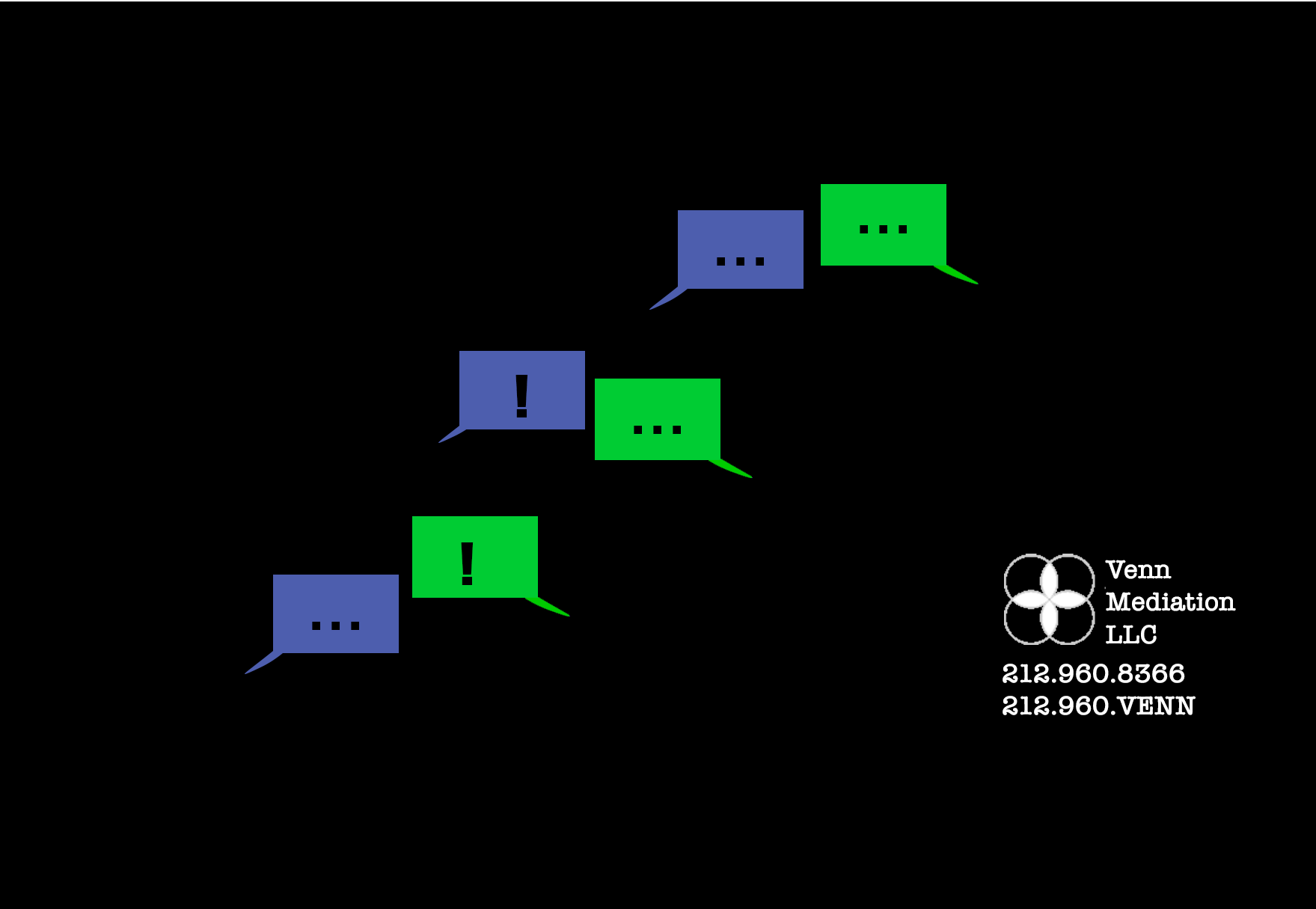Having Difficult Conversations with Friends and Family

Having Difficult Conversations with Friends and Family
These trying times serve as a reminder that the difficult conversations need to be had and sometimes that means we need a little help.
By Ehsan Ali and Alnoor Maherali
These are difficult times. We face constant reminders of what happens when things are left unresolved – festering for far too long. One byproduct of the tragedy that is gripping the US right now is an increase in fighting between friends over deeply held beliefs surrounding the protests and the nature of political activism. Those who once got along find themselves enemies, separated along lines that shock and sadden them. Perhaps they can’t find the words to communicate with each other or perhaps repeated attempts to raise issues have fallen on unreceptive ears. You may even be considering severing ties with a friend or colleague over their views. Talking about these issues is never going to be easy, but where it is possible, we shouldn’t stop trying.
This piece is not about asking you to give peace a chance or to keep talking when it feels like there’s nothing left to say. It is about finding safe spaces to have difficult conversations, to listen and be heard, and to maybe find some modicum of greater understanding. You might be tired of saying the same thing over and over, having your words misinterpreted, being lumped-in with a group you don’t entirely agree with, or being ignored. Or you may be struggling to understand how someone you thought you knew could see the world so differently than you do. In close relationships, the rifts caused by these feelings can generate a lot of anger and grief. That pain is normal, and a sign of how meaningful the relationship is to you.
These are serious and emotional issues. And you may be unable to articulate what you really want to say. Many of these disputes arise from different perceptions of the same reality but it can be hard to find common ground when the conversation is about real, deeply held beliefs. It might seem impossible to avoid the toxic dynamics that can happen in close relationships; when big issues come up and the other person’s opinions really matter to us while the most important things have gone unsaid. If anything, these past few days have shown us that we have to talk about the difficult things, and now. But how?
A neutral third party can ease the pressure, reduce some of the vitriol, and help turn it into a real conversation. When we say neutral third party, this could be a mutual friend, a colleague, or a mediator who is trained to help in these kinds of situations. Mediation at its best can offer you a chance to raise your issues in a respectful space where things can be out in the open. It offers a chance to preserve the relationship if that is what you want. We cannot guarantee that the relationship will be preserved, that there will be a meeting of the minds, or that you will find common ground. What we can offer is a safe space to have an open and honest discussion.
You may come to understand that your friend sees things differently than you thought, and that truth could help you find a path to reconciliation. Or you may find that you have fundamentally antithetical views that make it difficult to remain friends. But at least after an open and honest dialogue, you’ll know that whatever you decide is right for you.
If you and someone you once counted as a friend find yourself at odds over today’s or other issues, you are not alone. And if you want a respectful process to have a difficult conversation with your friend, perhaps find some greater understanding of each other, and assess how you want to move forward, we would love to help.
Contact Us
Questions? Comments? Call today at (212) 960-8366 or fill out the form below:


